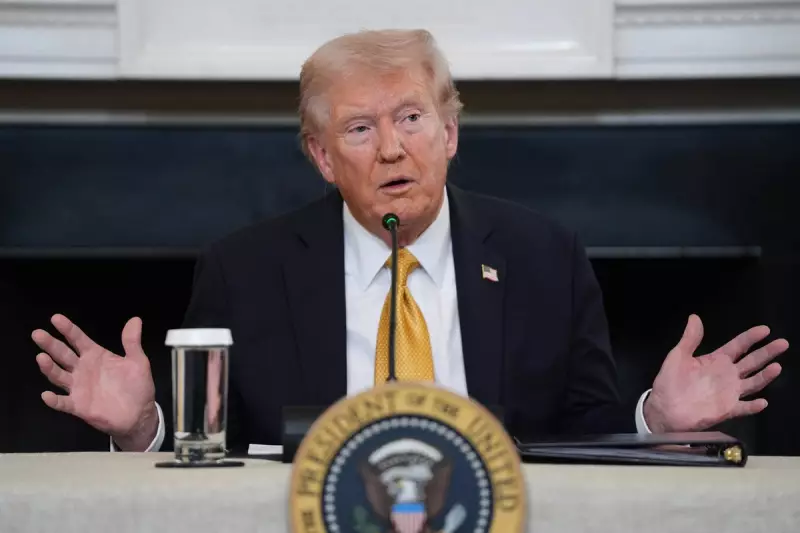
Trump's New Military Strategy for Drug Smugglers
President Donald Trump has justified a radical shift in US counternarcotics policy, authorising military strikes on vessels suspected of drug smuggling. He has publicly declared the long-standing American strategy of intercepting such boats at sea to be a complete failure. "We've been doing that for 30 years," he stated last month, "and it's been totally ineffective."
Record Seizures Clash with Presidential Rhetoric
This new aggressive stance comes at a time when the US Coast Guard announced a record-breaking achievement. The service reported seizing 225 metric tons of cocaine in the previous year, a haul almost 40% higher than the annual average over the past decade. In one notable instance, the cutter Hamilton offloaded 38 tons of cocaine, the largest single-ship confiscation in Coast Guard history.
These traditional interdictions, often conducted under initiatives like Operation Pacific Viper, have resulted in smugglers being brought to the United States for prosecution. This process yields valuable intelligence on trafficking routes and methods, all achieved without any loss of life and at a significantly lower cost than military action. Experts suggest that the cost of a single missile strike likely far exceeds the value of the cocaine on any targeted boat.
International Backlash and Expert Criticism
The military strikes, which have resulted in the destruction of 20 suspected drug boats and 80 deaths, have generated significant international criticism. Foreign leaders, human rights organisations, and politicians from both major US parties have raised alarms, concerned that America is engaging in extrajudicial killings that damage its global standing.
National security expert Douglas Farah emphasised the Coast Guard's effectiveness, stating, "The Coast Guard has extraordinary powers and authorities to do effective drug interdiction without killing unidentified people on small boats. When resourced, they are far more effective, sustainable and likely legal than the current Pentagon-led operations."
Investigations by The Associated Press into the strikes have revealed that many of those killed were not high-level cartel members, but low-paid labourers or fishermen earning around $500 per trip. This contrasts with Trump administration claims that the targeted individuals were 'narco-terrorists'.
Furthermore, the administration's assertion that these strikes target fentanyl shipments has been challenged by experts. They clarify that the vast majority of cocaine arrives via maritime routes, while fentanyl is typically trafficked overland from Mexico. Data shows that while cocaine overdose deaths account for nearly 20,000 American lives annually, the figure is significantly lower than those from fentanyl.
Despite the record interdiction numbers, officials like Secretary of State Marco Rubio defend the policy change, arguing that seizures alone have a limited deterrent effect on drug cartels, who factor in such losses. The core challenge remains: with cocaine supplies at record highs and prices at historic lows, demand continues to fuel the trade.





